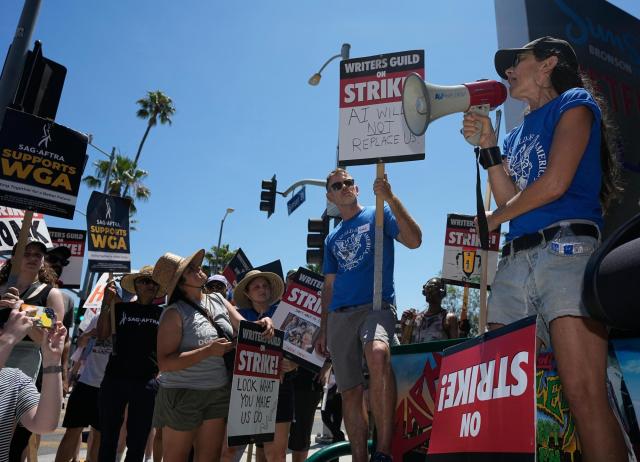Country music artists, romance novelists, video game creators, and voice actors are urgently appealing to the U.S. government for assistance in mitigating the threat posed by artificial intelligence to their livelihoods.
In a recent submission to the U.S. Copyright Office, a blogger expressed unease about AI mimicking their writing style, highlighting the issue of controlAI.
While technology companies seem satisfied with the status quo, citing benefits in enhancing their AI systems through analyzing existing content, the broader creative community is concerned about the implications for originality and intellectual property rights.
The top copyright official in the nation, Shira Perlmutter, remains neutral as her office grapples with the need for potential reforms to address the rise of AI-generated content. She emphasized the importance of gathering input from various stakeholders to inform future decisions.
One of the key challenges is determining the level of human involvement necessary in AI-generated works to qualify for copyright protection, particularly as individuals contribute input to AI systems that generate diverse forms of content.
The Copyright Office is actively seeking public feedback on issues such as the use of copyrighted material to train AI models without proper authorization, a practice that has sparked debates and drawn attention from diverse professional fields.
Notable figures from the entertainment industry, including actor Justine Bateman and TV showrunner Lilla Zuckerman, have voiced concerns about the potential impact of AI on creative industries, warning against the erosion of artistic integrity and human talent in content production.
Musicians like Marc Beeson have also expressed apprehension about the transformative effects of AI on music creation, cautioning against unregulated use that could undermine the essence of traditional art forms.
While tech giants defend their AI training practices under the “fair use” doctrine, critics argue that the unrestricted use of copyrighted material for AI development raises complex legal and ethical questions that require careful consideration.
The Copyright Office’s efforts to navigate these complex issues reflect a broader conversation within the creative community about the intersection of technology, creativity, and intellectual property rights.






